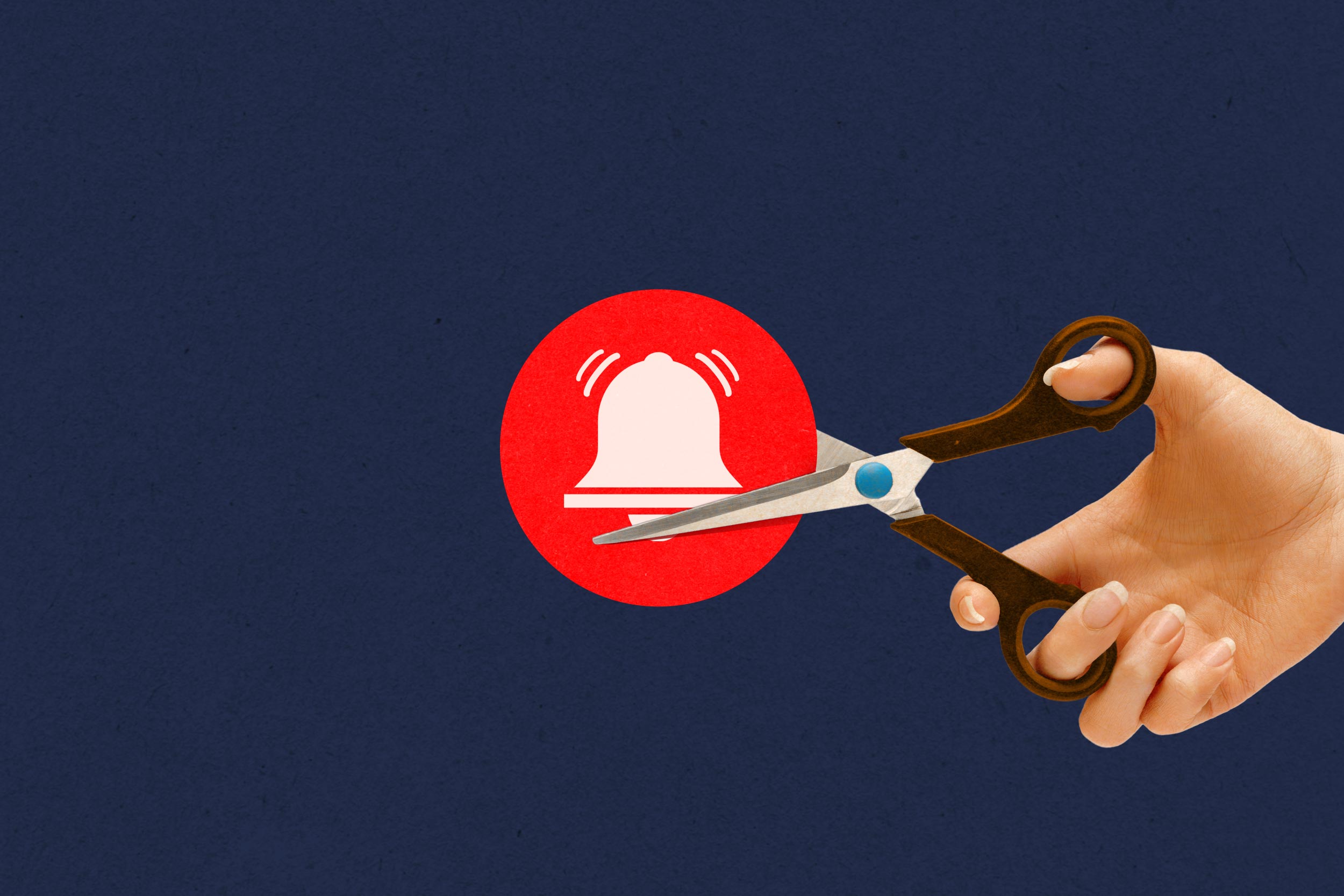You’re on a deadline at work, but a string of Slack notifications distracts you from putting the finishing touches on that project. Or you want to read a book, but you can’t seem to stop picking up your phone to check for texts or news alerts.
We live in a distracted age, where a meeting or a feature-length movie can seem impossible to get through without your mind wandering. But your attention can be retrained.

Michael Sheehy, left, is a meditation researcher, while Leidy Klotz, right, studies the intersection between engineering and behavioral science. (Photo by Molly Angevine; contributed photo)
UVA Today talked to two University of Virginia experts – Michael Sheehy, the director of research at the Contemplative Sciences Center, and School of Engineering and Applied Science professor Leidy Klotz – for advice on how to boost your focus.
Protect your attention
It’s easy to take your attention for granted – after all, it’s always there, Sheehy said. But it can be depleted, leading to feelings of exhaustion, burnout and anxiety. That depletion is habitual. If someone is used to hopping between their work email, personal texts and The New York Times app on their phone, for example, they may be more likely to let their minds wander even if they don’t have a device in front of them.
“Let’s remember our attention is a precious human resource. If we treat our attention as something we need to guard, to protect, and we direct it toward what we want to pay attention to, that resource is strengthened and becomes more abundant,” Sheehy said.
Sheehy suggested imagining your mind as a kind of garden. If you don’t tend to it, weeds will encroach, what you planted may wither, and the garden can become wild. When you tend to the garden, you flourish.
Consider your goals
“You can’t multitask important things. You might be able to have a conversation with someone and check your texts at the same time, but you’re not going to be doing a good job of either of those things,” said Klotz, who researches the overlaps between engineering and behavioral science.
That means you have to set priorities. You may want to spend your day painting, or focus on time with your kids, or enjoy the scenery while hiking. When you take the time to think about your goals and values, Klotz said, you’re less likely to fritter away time on busy work. Odds are, you don’t dream of sending the fastest email reply or reading the most Tweets in a day.
Schedule your time
Give yourself a slot of time for tasks that might otherwise take up the whole day, with myriad interruptions in between. That way, you can decide when you want to read your emails, rather than blindly reacting to every alert that comes through.










